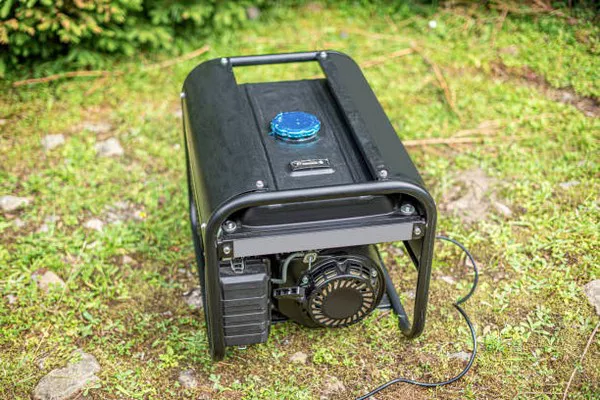In regions prone to power outages, a whole house generator can be a lifesaver, ensuring uninterrupted power supply during emergencies. These generators are often powered by propane due to its efficiency and convenience. However, understanding how much propane is needed to run a whole house generator over a certain period can be crucial for homeowners. Let’s delve into the factors influencing propane consumption and how to estimate usage effectively.
Factors Affecting Propane Consumption
The propane consumption of a whole house generator depends on several key factors:
Generator Size and Capacity: The size (rated in kilowatts, kW) of the generator directly impacts propane consumption. Larger generators with higher power output will consume more propane.
Load Demand: The amount of electrical load the generator is supporting determines the fuel burn rate. Higher loads lead to increased propane usage.
Fuel Efficiency: Each generator model has a specific fuel efficiency rating, usually expressed as gallons per hour (GPH) of propane consumed at various load levels.
Duration of Operation: How long the generator runs continuously during an outage affects overall propane consumption.
Environmental Conditions: Temperature and altitude can influence propane combustion efficiency and thus affect consumption rates.
Estimating Propane Usage
To estimate propane usage accurately, follow these steps:
1. Determine Generator Size and Load
Identify the size (in kW) of your generator and estimate the typical load it will support during an outage. Generators are often rated to handle varying loads, such as essential circuits or the entire house.
2. Refer to Generator Specifications
Consult the generator’s manual or specifications to find the fuel consumption rate at different load levels. Manufacturers usually provide a fuel consumption chart detailing propane usage per hour based on generator load.
3. Calculate Fuel Consumption
Using the generator’s fuel consumption rate and anticipated load, calculate the hourly propane usage. For example, if a generator consumes 2.5 GPH at 50% load, and it runs for 8 hours during an outage:
Propane used = 2.5 GPH × 8 hours = 20 gallons
4. Consider Specific Conditions
Adjust consumption estimates based on environmental conditions. Extreme temperatures or high altitudes might increase propane usage.
Example Calculation
Let’s say you have a 20 kW generator running at 75% load, and it consumes 3.0 GPH of propane at this load:
Propane used per hour = 3.0 GPH Hours of operation = 24 hours Propane used = 3.0 GPH × 24 hours = 72 gallons
Optimizing Propane Usage
To maximize propane efficiency during power outages:
Regular Maintenance: Keep the generator well-maintained to ensure optimal performance and fuel efficiency.
Load Management: Prioritize essential electrical loads to minimize unnecessary power consumption.
Invest in Efficiency: Consider upgrading to a newer, more fuel-efficient generator model if feasible.
Safety and Compliance
When using propane for generators, safety is paramount:
Ventilation: Generators should be installed in well-ventilated areas to prevent carbon monoxide buildup.
Compliance: Follow local regulations and codes regarding propane storage and usage to ensure safety.
See also What Size Generator Do You Need To Run A Furnace
Conclusion
Understanding how much propane a whole house generator requires is essential for preparedness during power outages. By considering factors like generator size, load demand, and fuel efficiency, homeowners can estimate propane usage accurately. Regular maintenance and compliance with safety guidelines further enhance the reliability and safety of propane-powered generators, ensuring uninterrupted power supply when it’s needed most.

